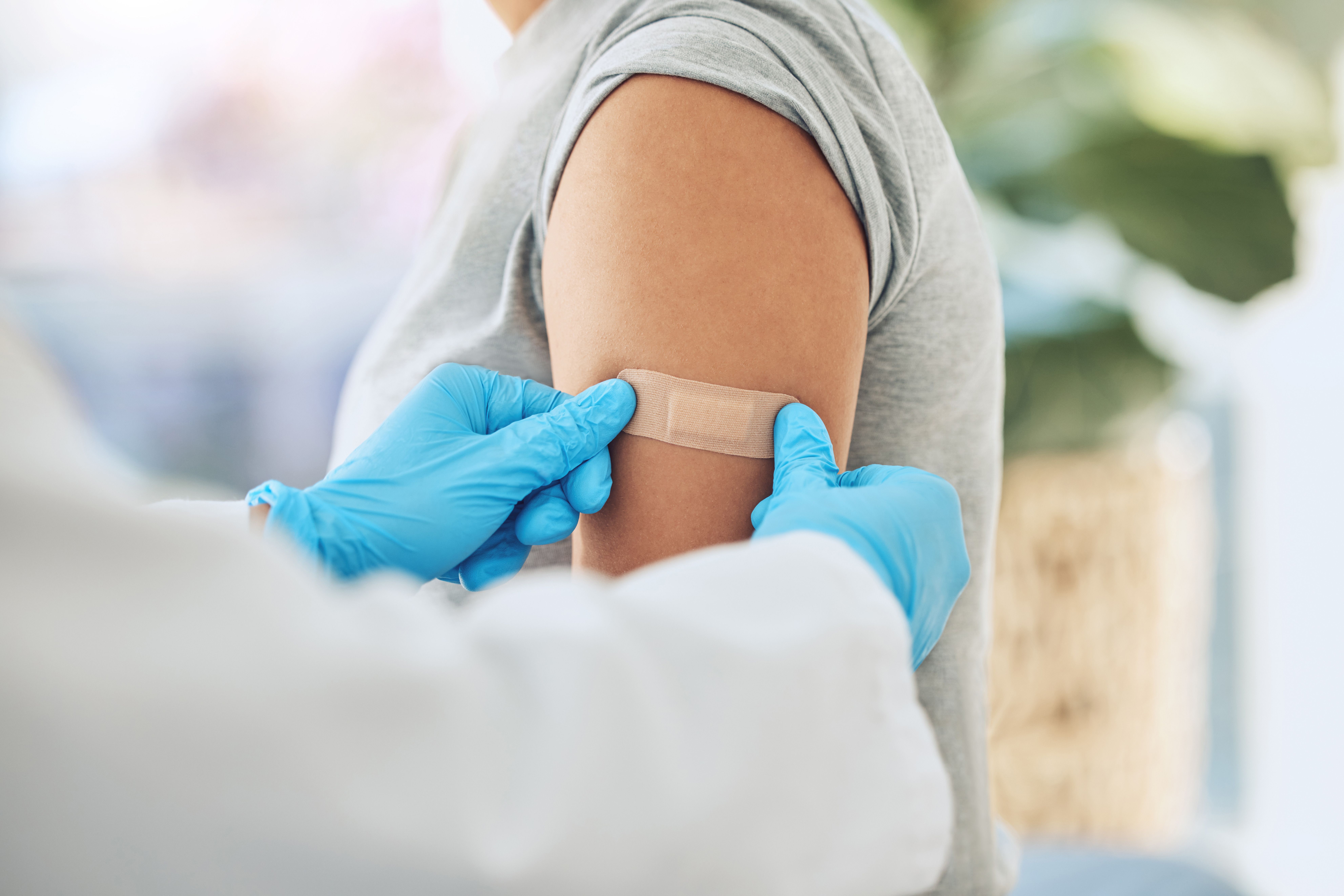Article
Innovation is Necessary to Preserve Independent, Community Pharmacy
Author(s):
Pharmacists can recognize evidence of successful interventions and learn how to integrate them into their own practice.
It is important to innovate in community pharmacy, according toElizabeth Skoy, PharmD, RPh, professor, North Dakota State University School of Pharmacy, and director, Center for Collaboration and Advancement in Pharmacy, at McKesson ideaShare 2023. Some of best recent innovations in practice are test-to-treat services, new payment models, and remote patient monitoring; however, there need to be more innovations, especially after looking at recent trends in pharmacy.
Credit: warodom - stock.adobe.com

“We have to think about how we can meet patients where they are,” Skoy said in the continuing education (CE) session, aptly titled Innovative Solutions to Elevate Community Pharmacy Practice.
“We’re seeing decreased workforce in the number of pharmacists, and we’re also seeing an increased number getting out of the position…some of these things are more of a driving force for us to be innovative,” Skoy said.
Skoy reflected on the history of the Ford vehicles and how swiftly they replaced buggy-and-cart as the primary source of transportation in 1903. Ford Motor Company provided an innovative service that disrupted day-to-day lives—think Apple products and Amazon marketplace, Skoy explained. The same analogy could be relevant to patient care.
“Nobody cried for the buggy,” Skoy said. “Unless we innovate, no one is going to be crying for [pharmacists].”
Skoy noted some of the challenges in the changing landscape of community pharmacy, such as delays in payment and “those direct and indirect remunerations that everyone is talking about,” Skoy said.
She also addressed the lack of reimbursement for pharmacy health initiatives, access to health information, decreased workforce, and competition from mail-order services.
Innovations such as test-to-treat services have been gamechangers since the pandemic. These include rapid diagnostic tests with point-of-care testing and access to medications. Other test-to-treat services include influenza, and pharmacists can provide patients with accurate medication information.
Remote patient monitoring and electronic health devices are also changing the way that patients and pharmacists access health information, Skoy said. With continuous blood glucose monitoring and medication adherence devices, patients can make more immediate adjustments—or take more immediate action—toward better health, and pharmacists can play an integral role by helping the patient to maintain it.
Innovations can be made to help with the opioid epidemic, medication management, lab collection, annual wellness visits, immunizations, telepharmacy, and forming collaborations with State Pharmacy Association and Schools and Colleges of Pharmacy. Schools and colleges are always looking for collaborators on different initiatives and advancing patient care with grant dollars, Skoy said.
“All it takes is an email to one of these groups saying ‘Hey, I’m interested in this.’”
She added, “I’m pretty sure I could give a 1-hour CE talk on every 1 of these.”
Pharmacists should utilize implementation science—defined as the study and application of strategies that promote the systematic uptake of evidence-based interventions into routine practice—to help them innovate and perform at the top of their practice.
There are 3 elements of implementation science, according to Skoy. They are intervention, setting, and process. The pharmacist can recognize successful innovations and interventions, identify patient needs and the current culture, and then plan a strategy to execute an intervention that will hopefully improve their practice. All it takes is a single innovation to make a difference, she said.
“These [interventions] are changes that you can do to set yourself up for success,” Skoy concludes.
Reference
Skoy E. Innovative Solutions to Elevate Community Pharmacy Practice. McKesson ideaShare 2023. Las Vegas, Nevada. June 22 to June 25.
Newsletter
Stay informed on drug updates, treatment guidelines, and pharmacy practice trends—subscribe to Pharmacy Times for weekly clinical insights.





